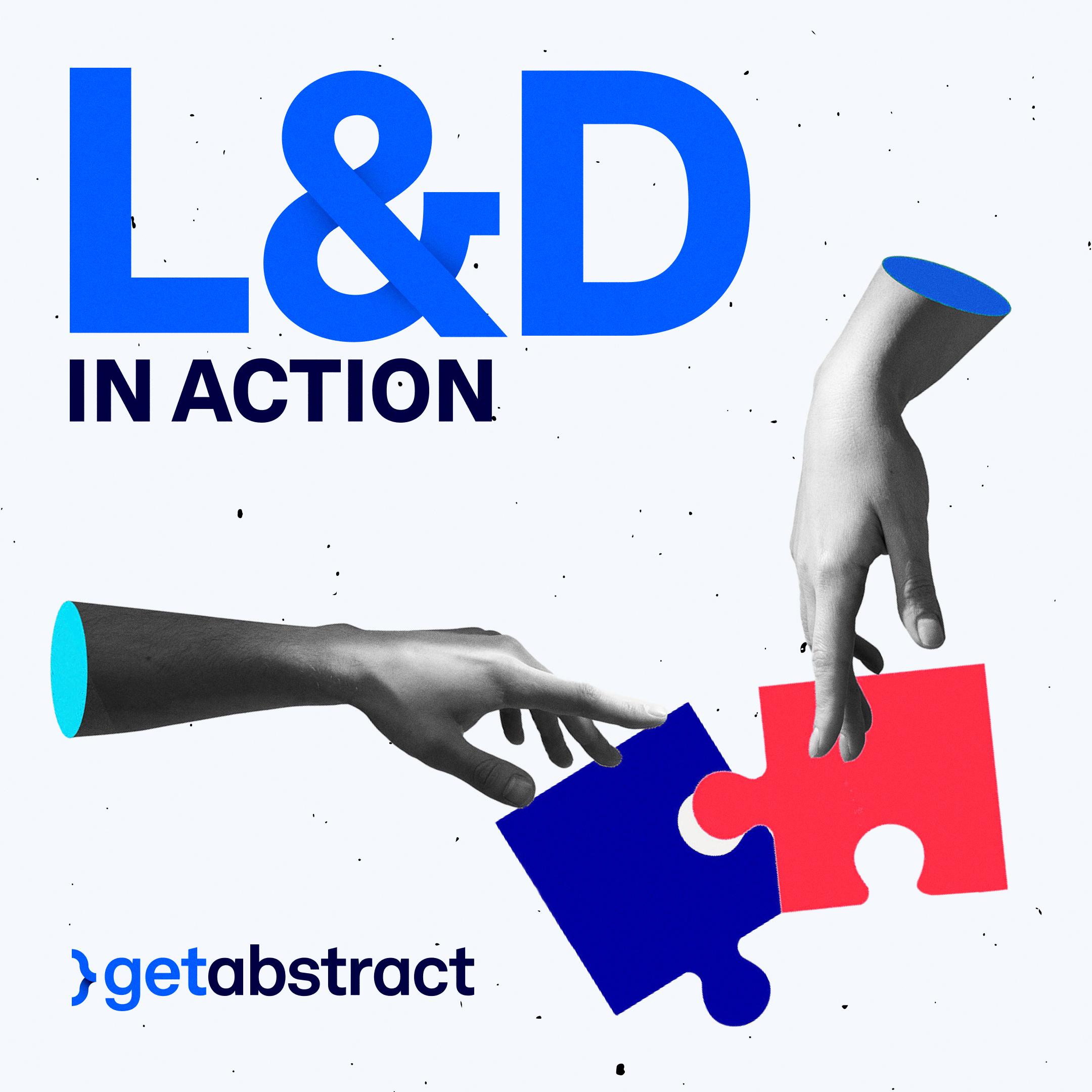HR Deconstructed: Improving The Experiences and Well-being of Employees with People-centric HR
June 4, 2024

The Human Resources function has undergone many transformations, not least of which took place over the last 4 years. At any given time though, HR professionals from different industries and organizations are likely to have different ideas as to what their primary purpose should be. Beyond that, even those who might be in agreement as to HR's central function are likely to disagree as to how to achieve it. This week, Jon Ingham joins us to offer his insights on HR from decades teaching, writing, and practicing in the world of people strategy.
Should HR's main remit be to improve the performance and capacity of employees, so that the organization's resultant performance boost yields a better experience for the employees? Or should HR focus on improving the well-being and work experience of employees directly, regardless of the impact these endeavors have on company performance? Or... perhaps HR should operate somewhere in the middle? Even on a different spectrum of objectives?
If anyone can add clarity to this quandary, it's Jon Ingham. With nearly 20 years of consultative experience following decades teaching and working in high-ranking HR positions, Jon combines practical knowledge with strategic analysis and research. This week, he joins the show to demonstrate where and how HR impacts a business in terms of value add, and how we can frame our Human Resources goals to create the strongest organizational impact.
Join us as we discuss:
-Why it's important to establish common definitions around key business terminology (with some exceptions)
-How we can meet employees where they want to be met in terms of improving well-being and employee experience
-The impact of taking a people-centric and multi-sided Human Resources approach
-The degree to which HR should claim primary accountability for employee well-being
-Why determining a Learning and Development ROI may not be necessary (provided there are measures for qualitative feedback)
-The impact on HR duties of an increased focus on skills in the workplace
If you enjoyed this episode, make sure to subscribe, rate and review on Apple Podcasts, Spotify and Google Podcasts. Instructions on how to do this are here.
Episode Resources
If anyone can add clarity to this quandary, it's Jon Ingham. With nearly 20 years of consultative experience following decades teaching and working in high-ranking HR positions, Jon combines practical knowledge with strategic analysis and research. This week, he joins the show to demonstrate where and how HR impacts a business in terms of value add, and how we can frame our Human Resources goals to create the strongest organizational impact.
Join us as we discuss:
-Why it's important to establish common definitions around key business terminology (with some exceptions)
-How we can meet employees where they want to be met in terms of improving well-being and employee experience
-The impact of taking a people-centric and multi-sided Human Resources approach
-The degree to which HR should claim primary accountability for employee well-being
-Why determining a Learning and Development ROI may not be necessary (provided there are measures for qualitative feedback)
-The impact on HR duties of an increased focus on skills in the workplace
If you enjoyed this episode, make sure to subscribe, rate and review on Apple Podcasts, Spotify and Google Podcasts. Instructions on how to do this are here.
Episode Resources
Jon Ingham LinkedIn
getAbstract on LinkedIn
L&D In Action: Winning Strategies from Learning Leaders releases every other Tuesday, bringing you conversations from the best minds in Learning and Development.
Previous guests include: Simon Brown of Novartis, Ravin Jesuthasan of Mercer, Michael Lee Stallard of Connection Culture Group, Michelle Weise of Rise and Design and Dr. Nigel Paine of Learning Now TV.
Check out our five most downloaded episodes:
Previous guests include: Simon Brown of Novartis, Ravin Jesuthasan of Mercer, Michael Lee Stallard of Connection Culture Group, Michelle Weise of Rise and Design and Dr. Nigel Paine of Learning Now TV.
Check out our five most downloaded episodes:
- The 5% Solution: Prioritizing Learning and Development in a Busy World
- Employing Talent, not Jobs, in the Age of Artificial Intelligence
- Creating Relational Excellence with the Power of Connection Culture
- Longer Life and Smarter Tech: Educating A Workforce For An Unknown Future
- Reframing L&D: The Need For Learning Practitioners In An Evolving World